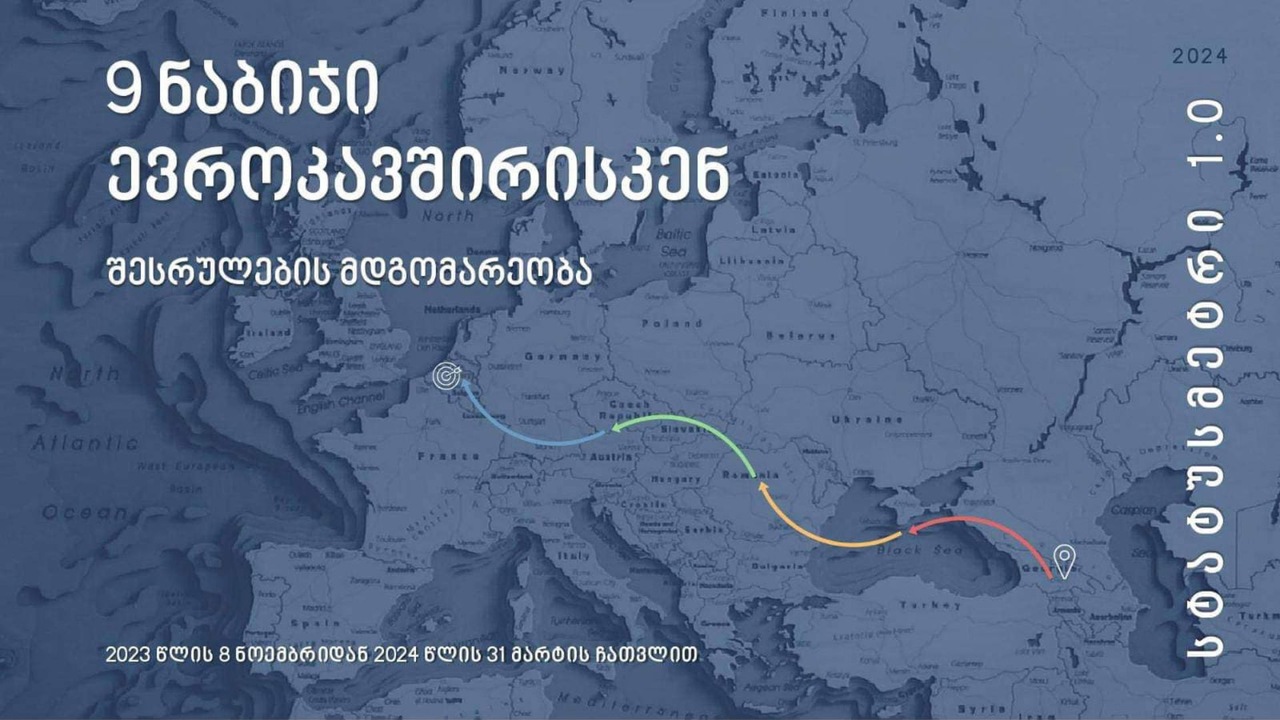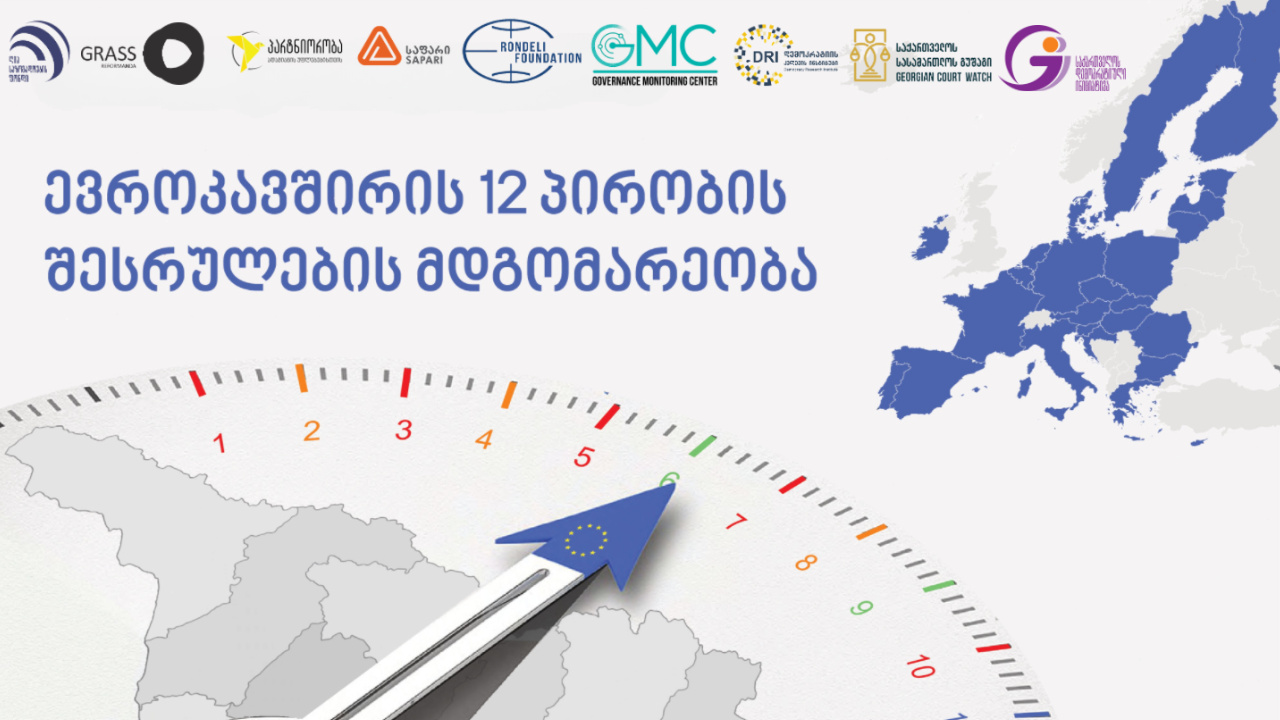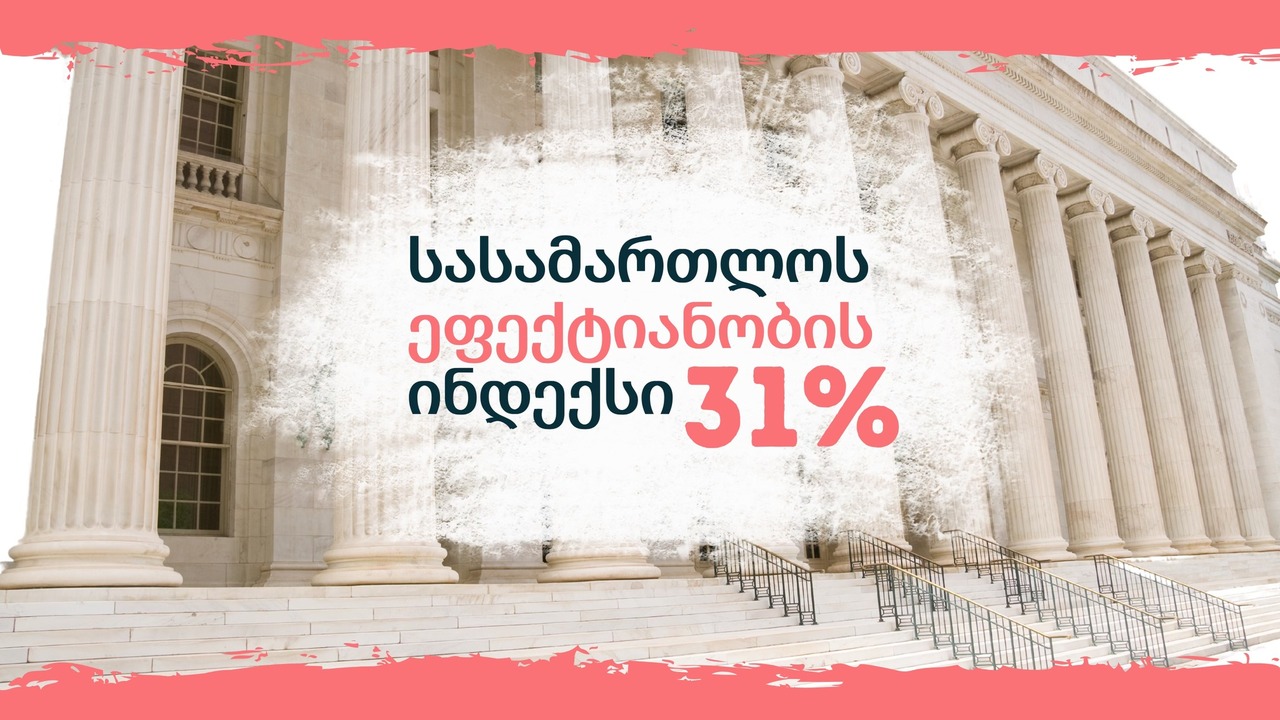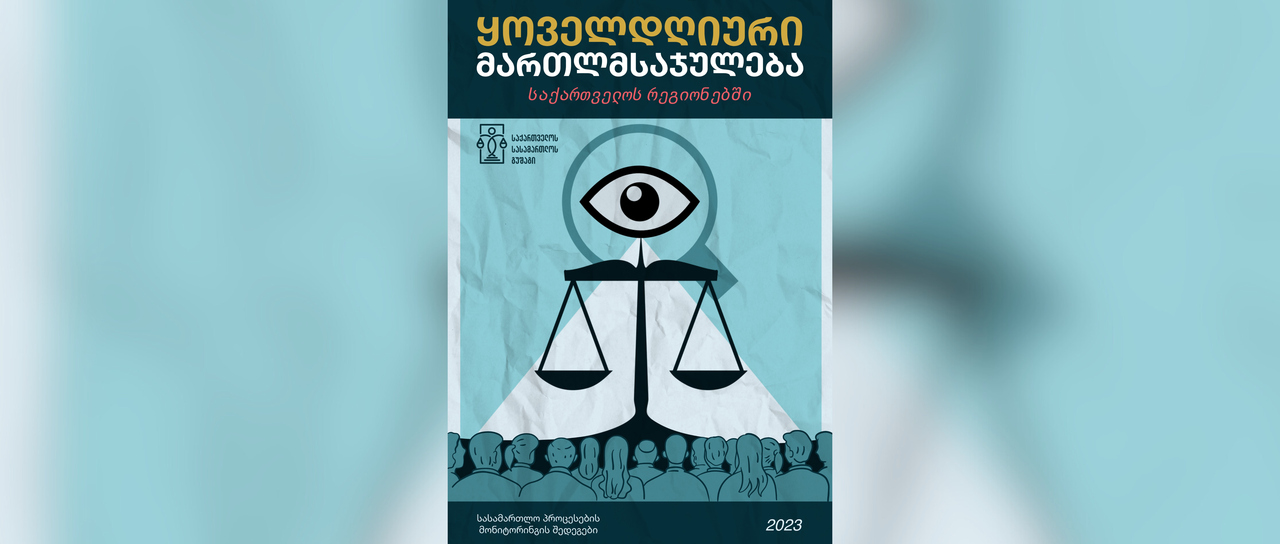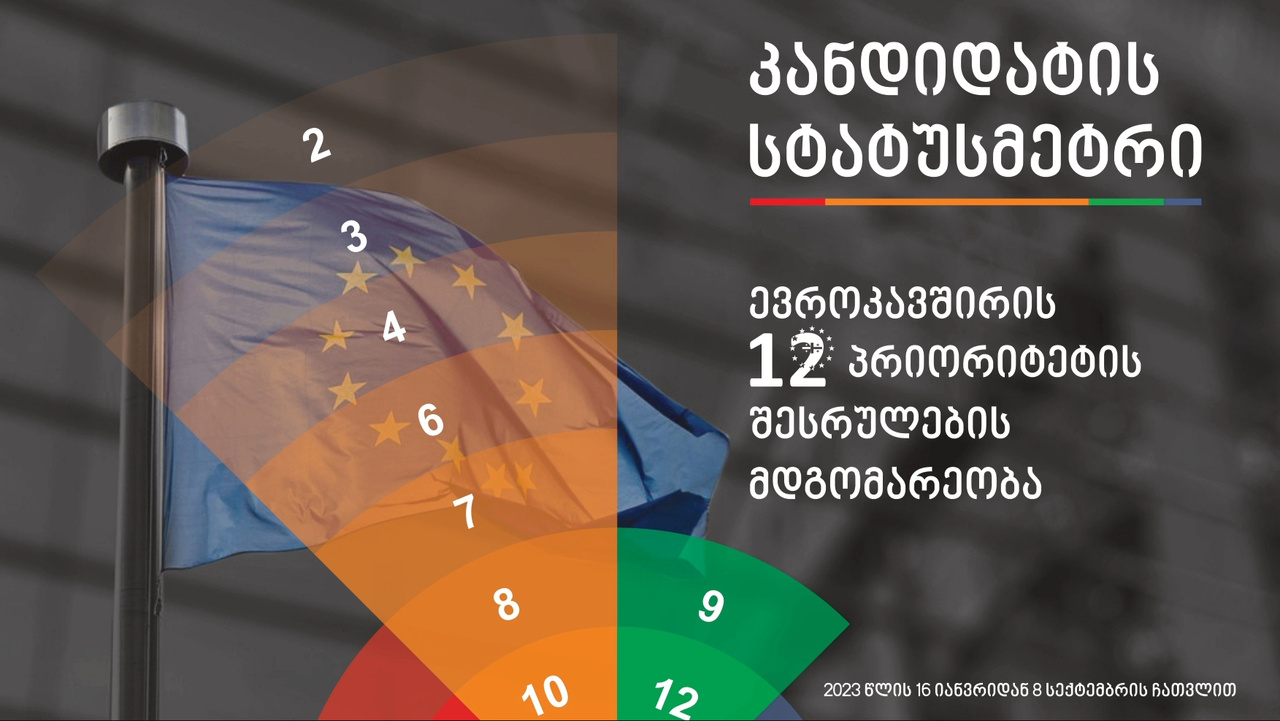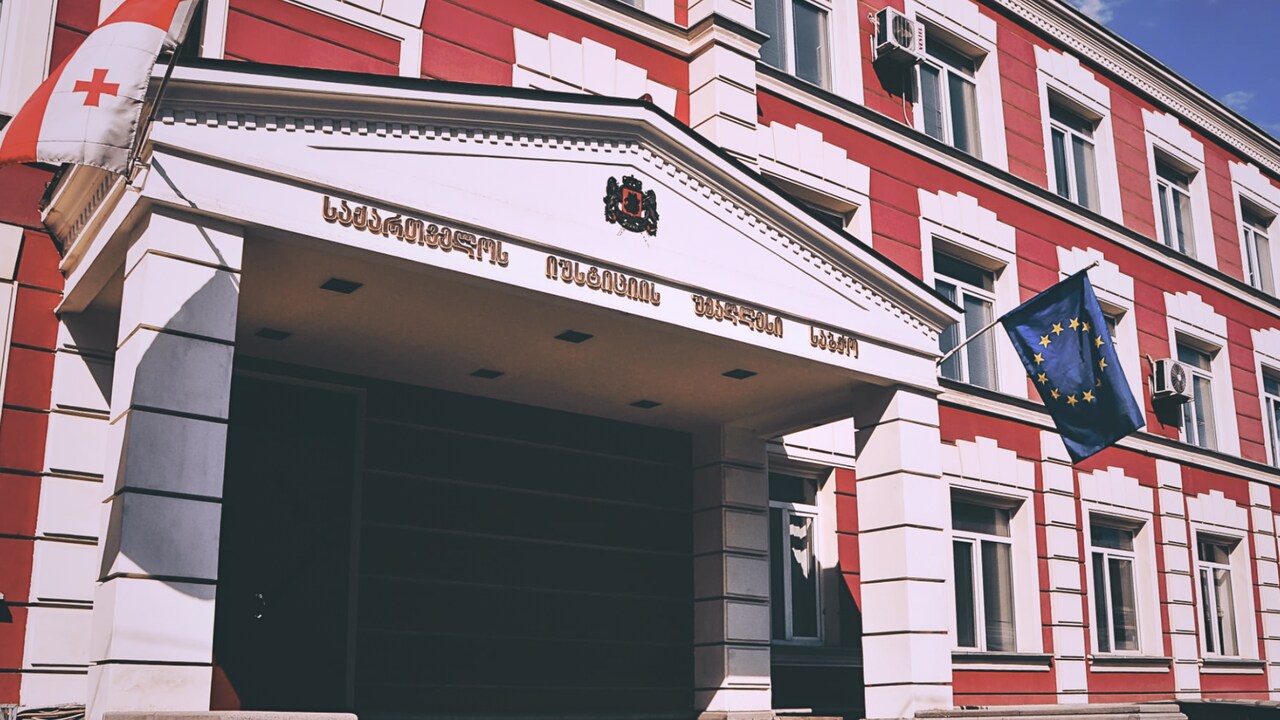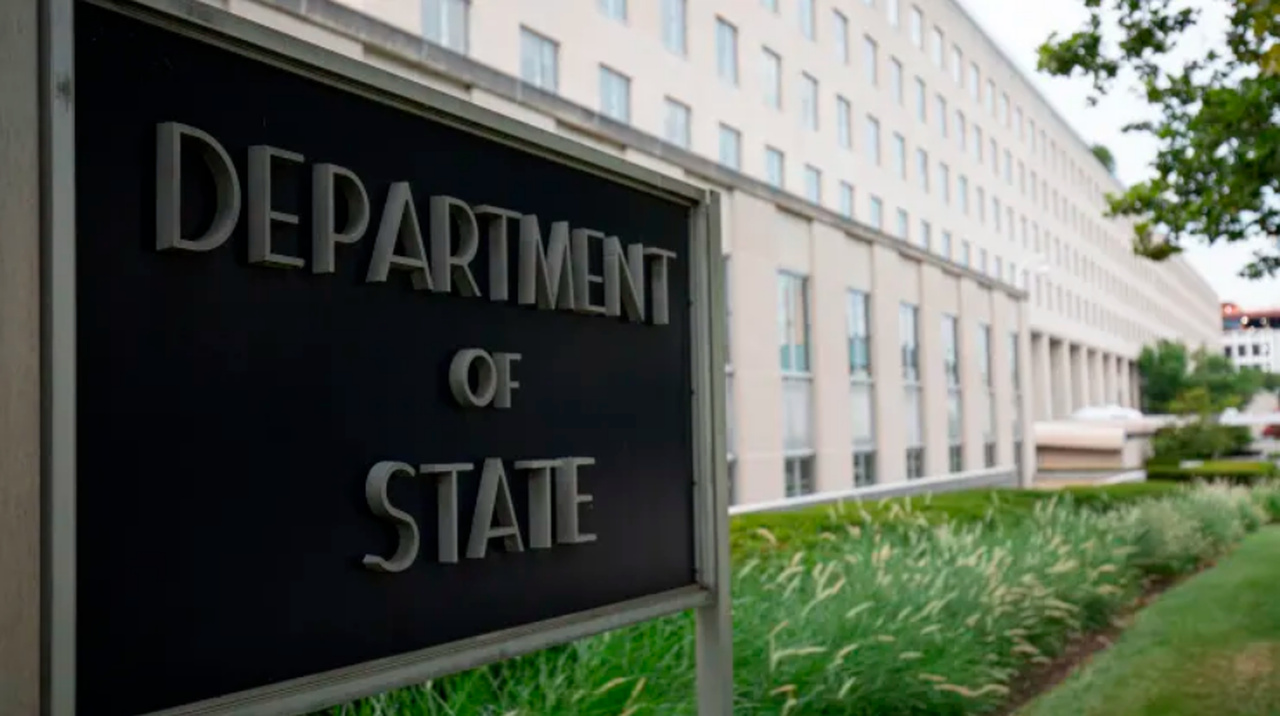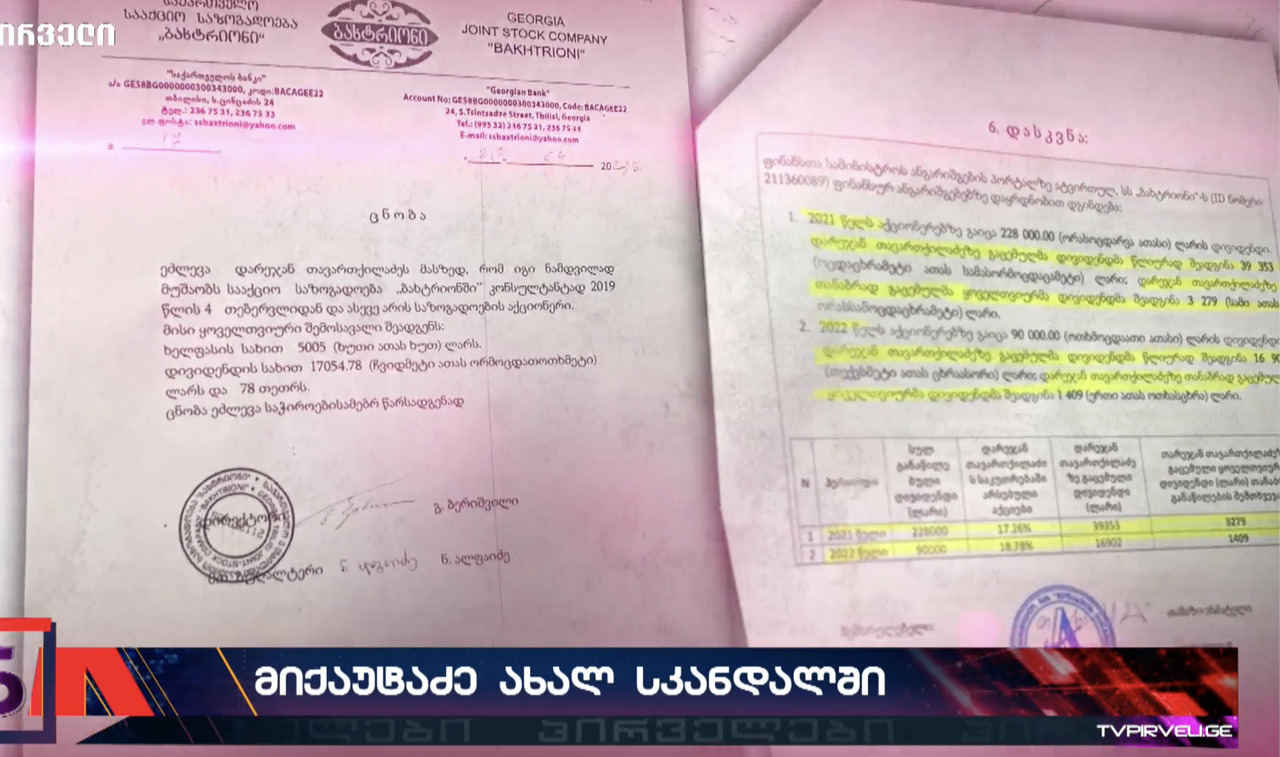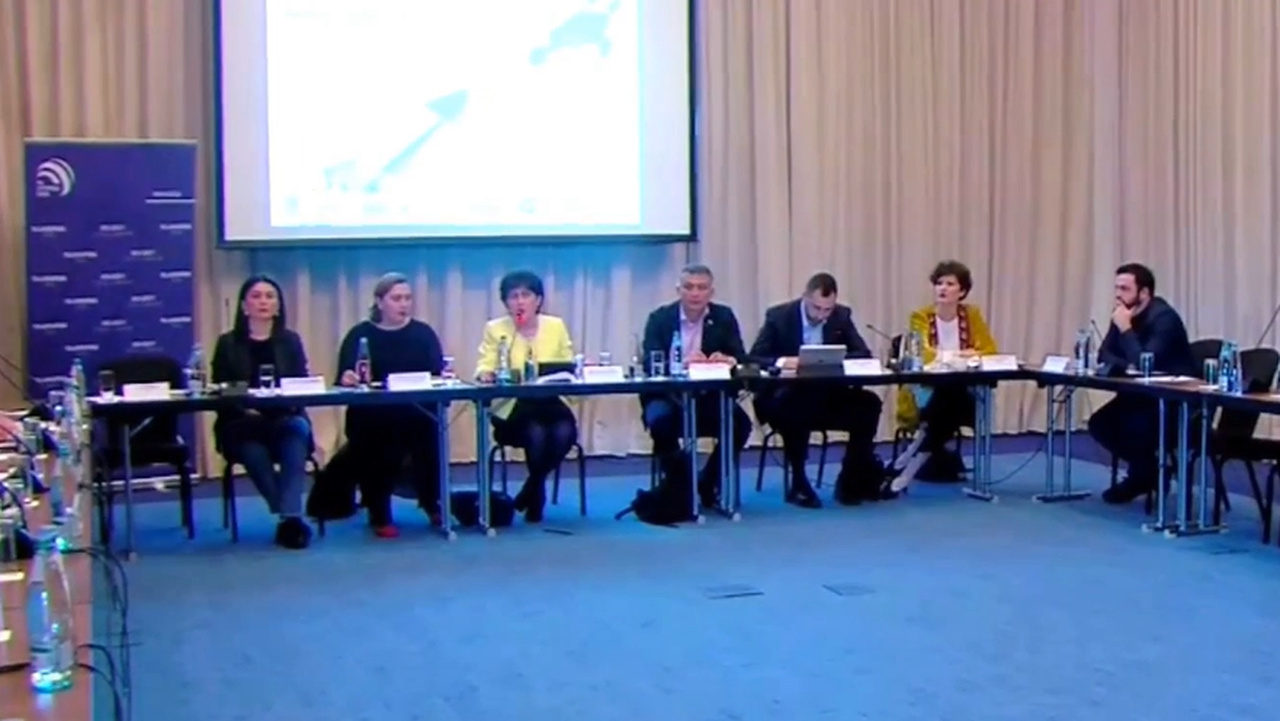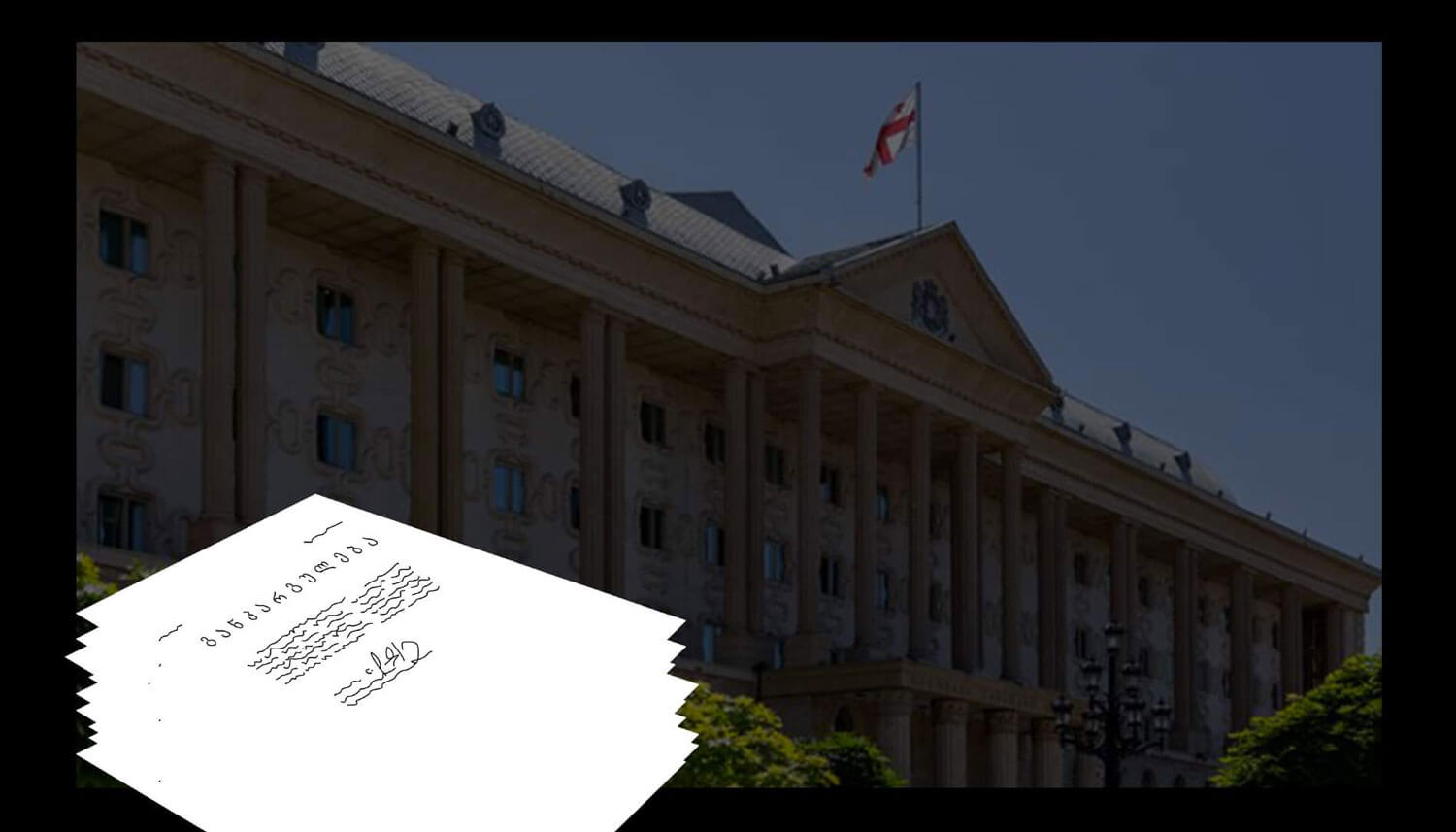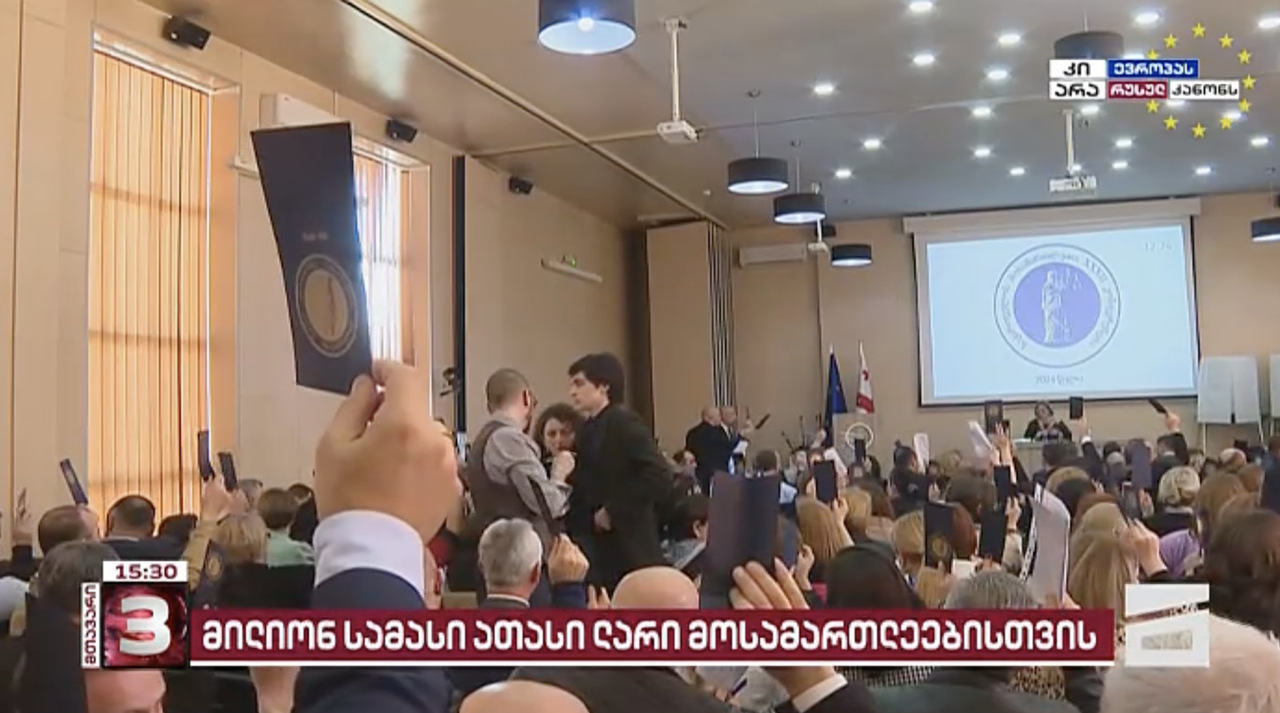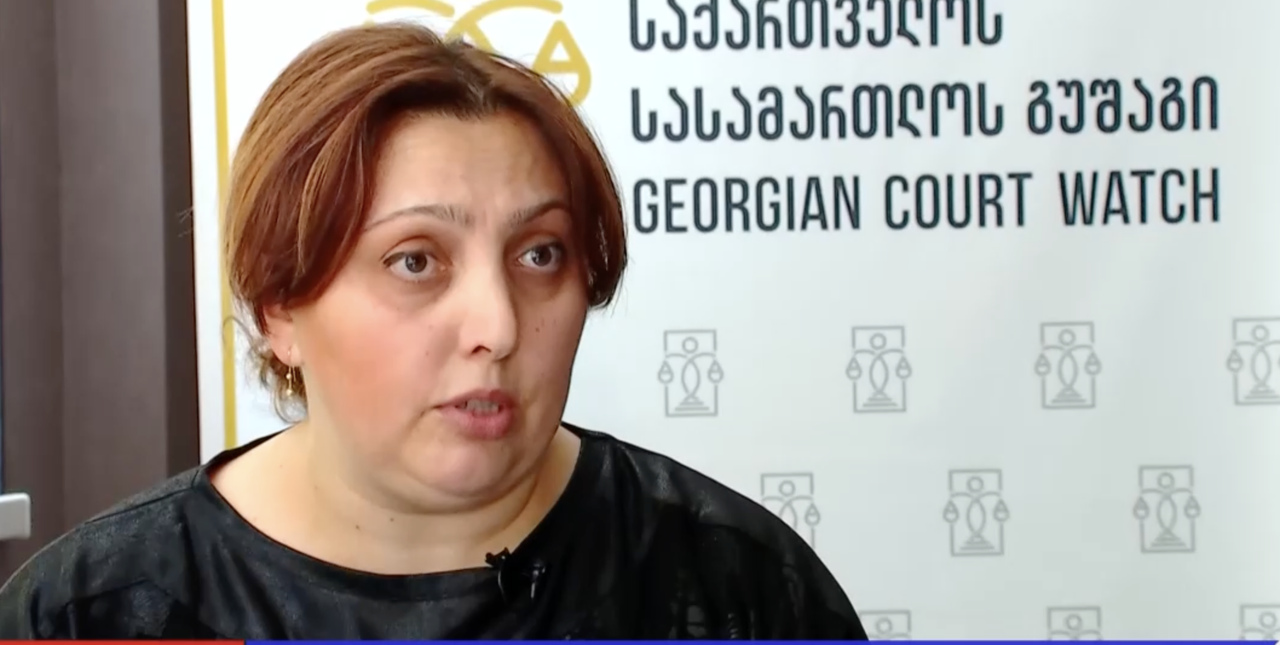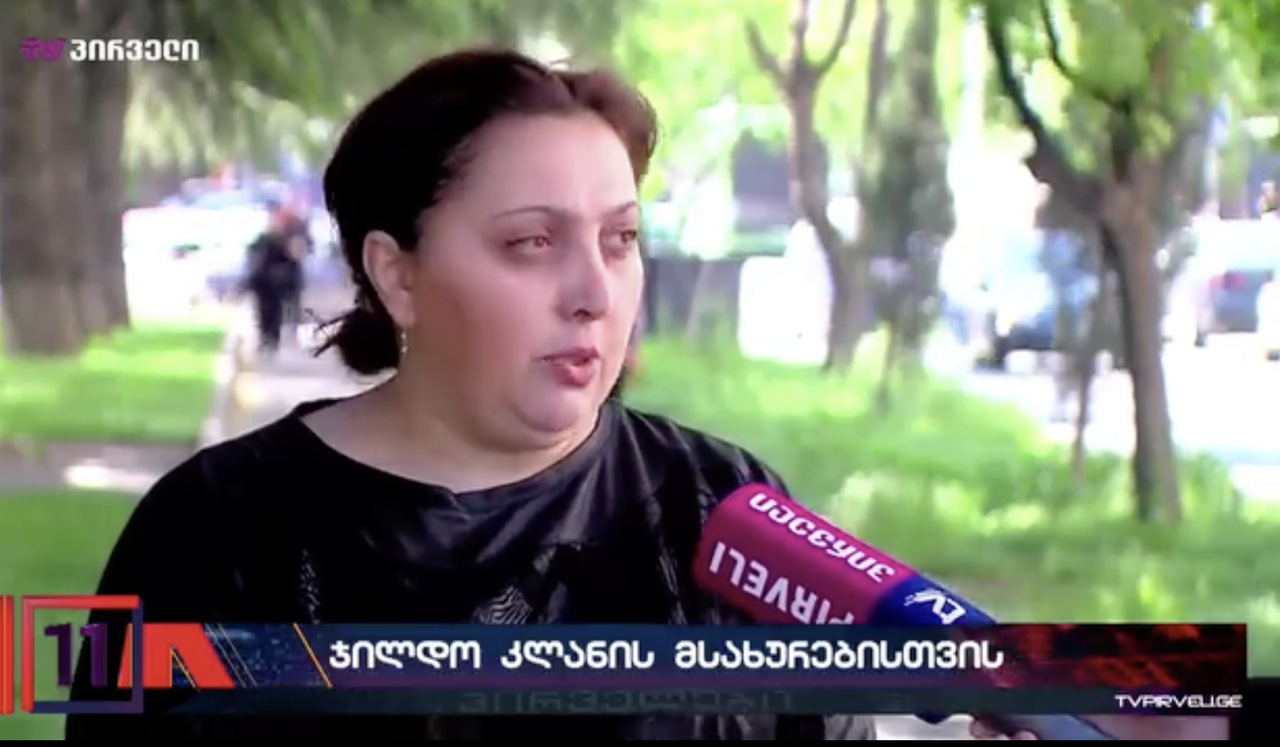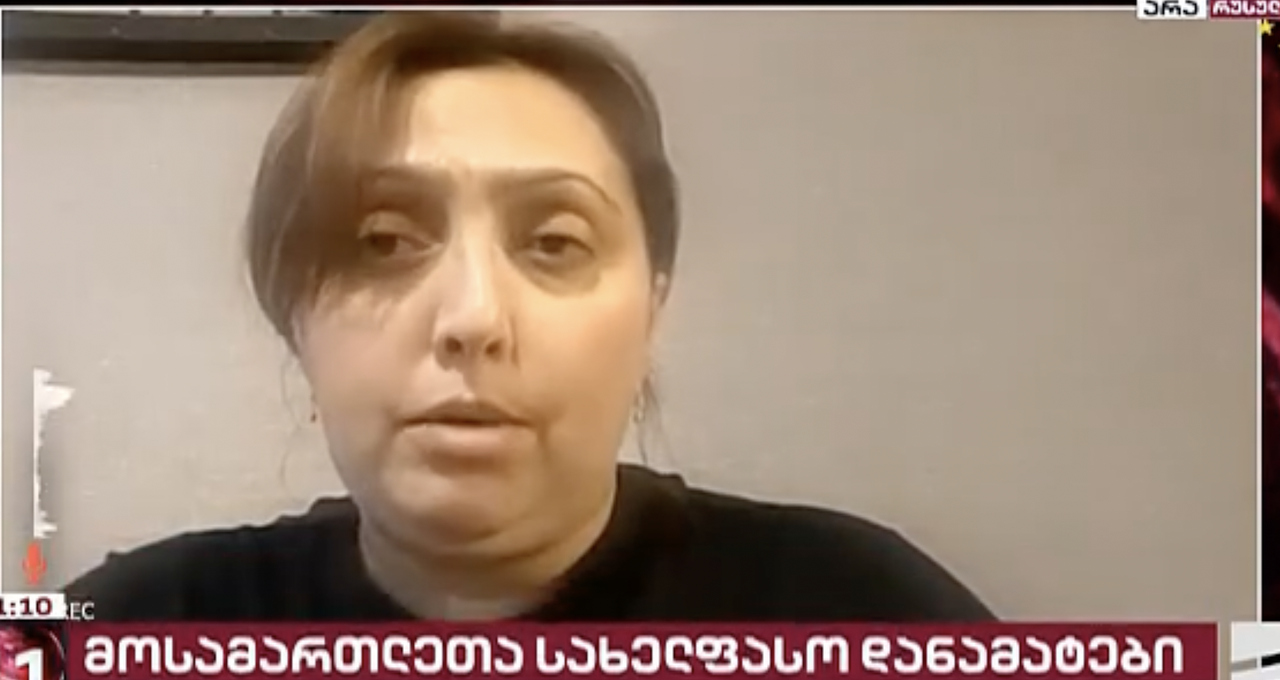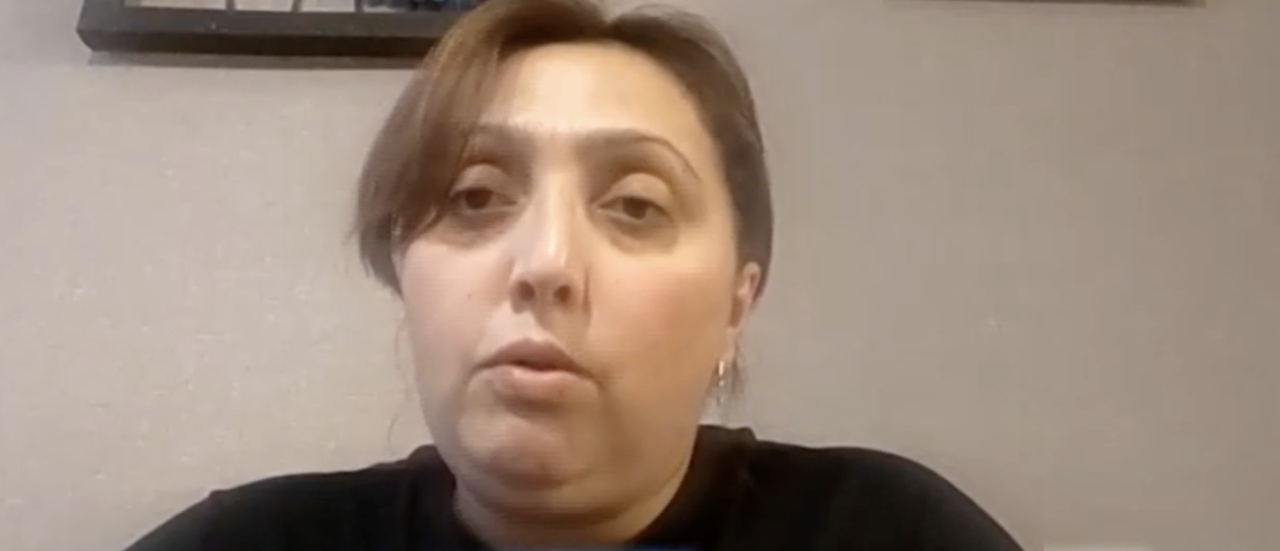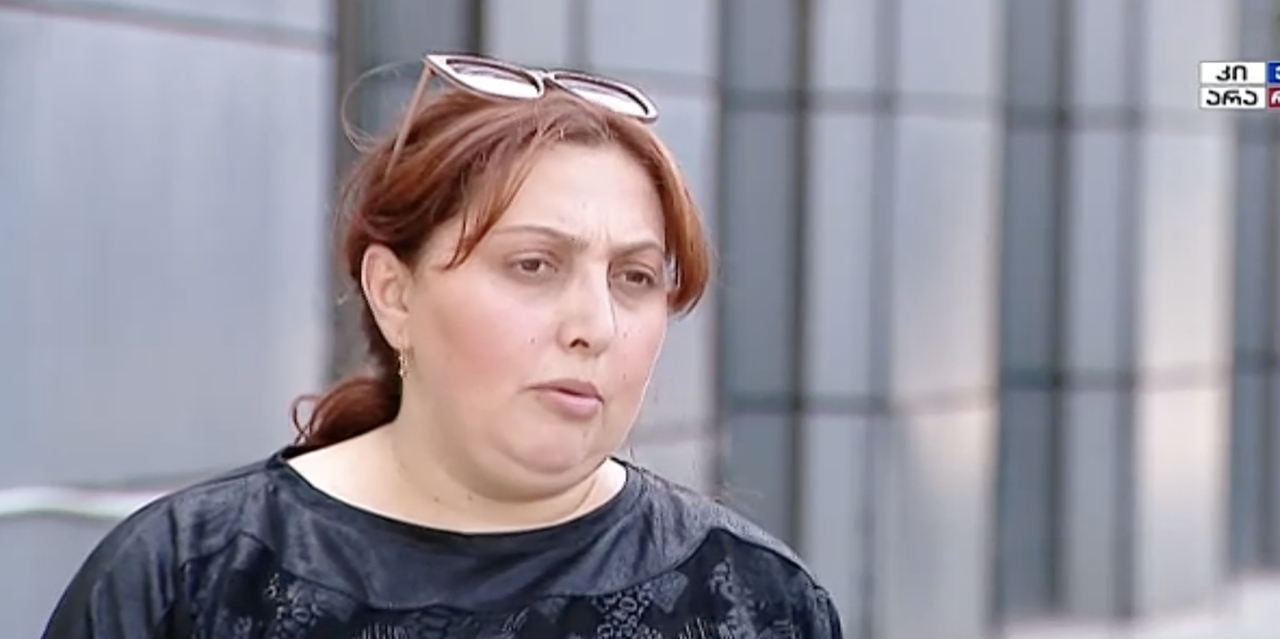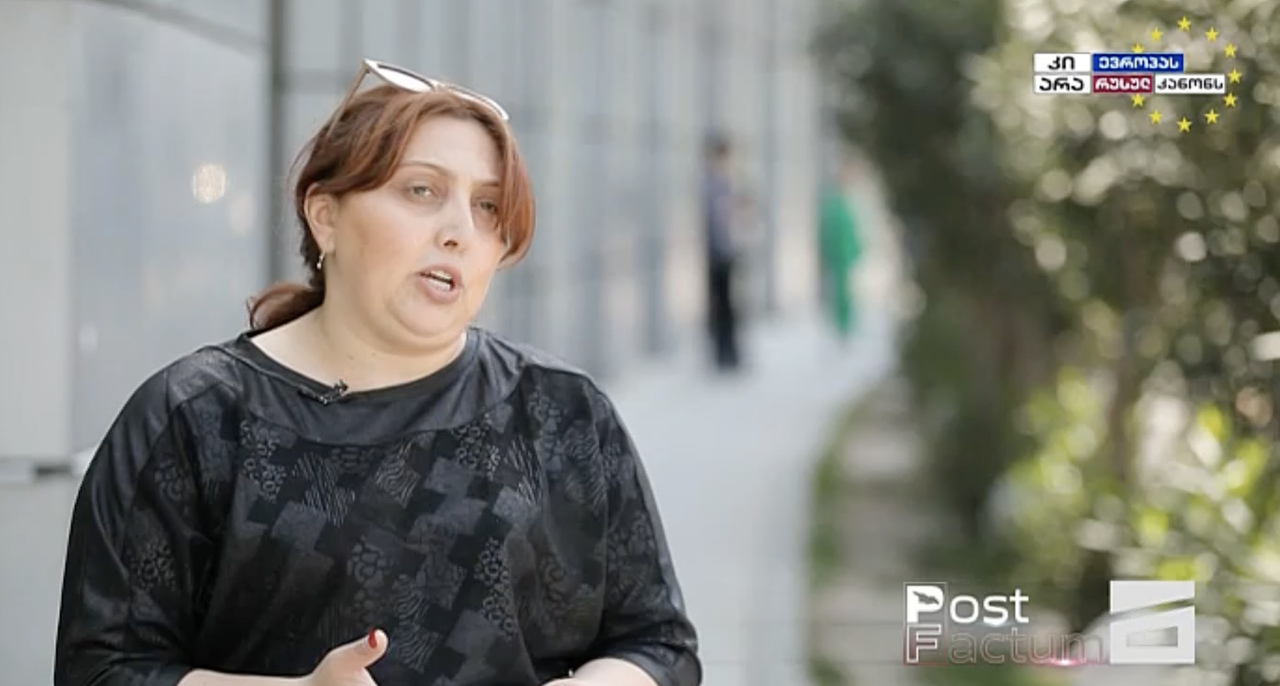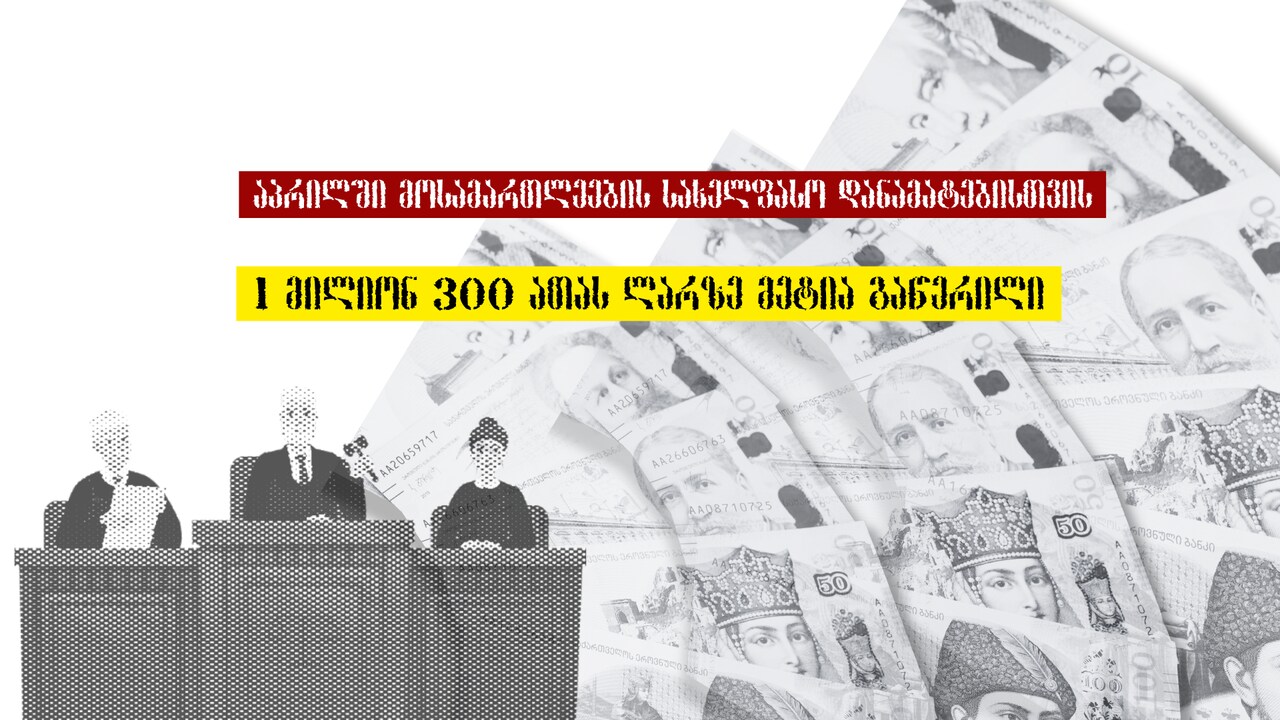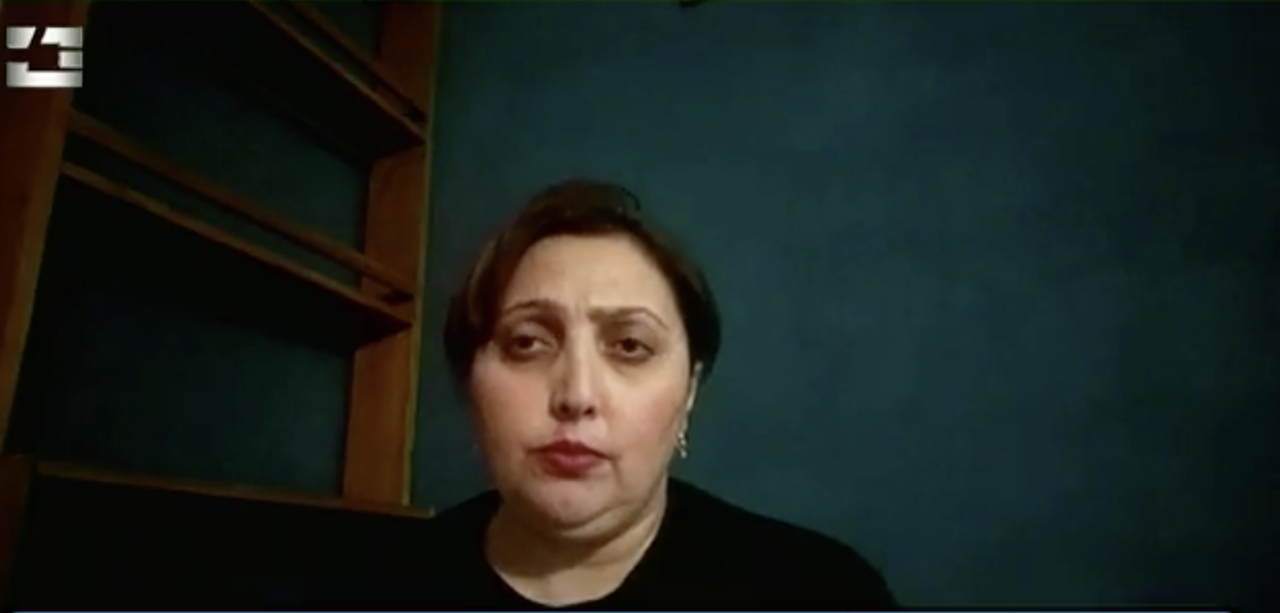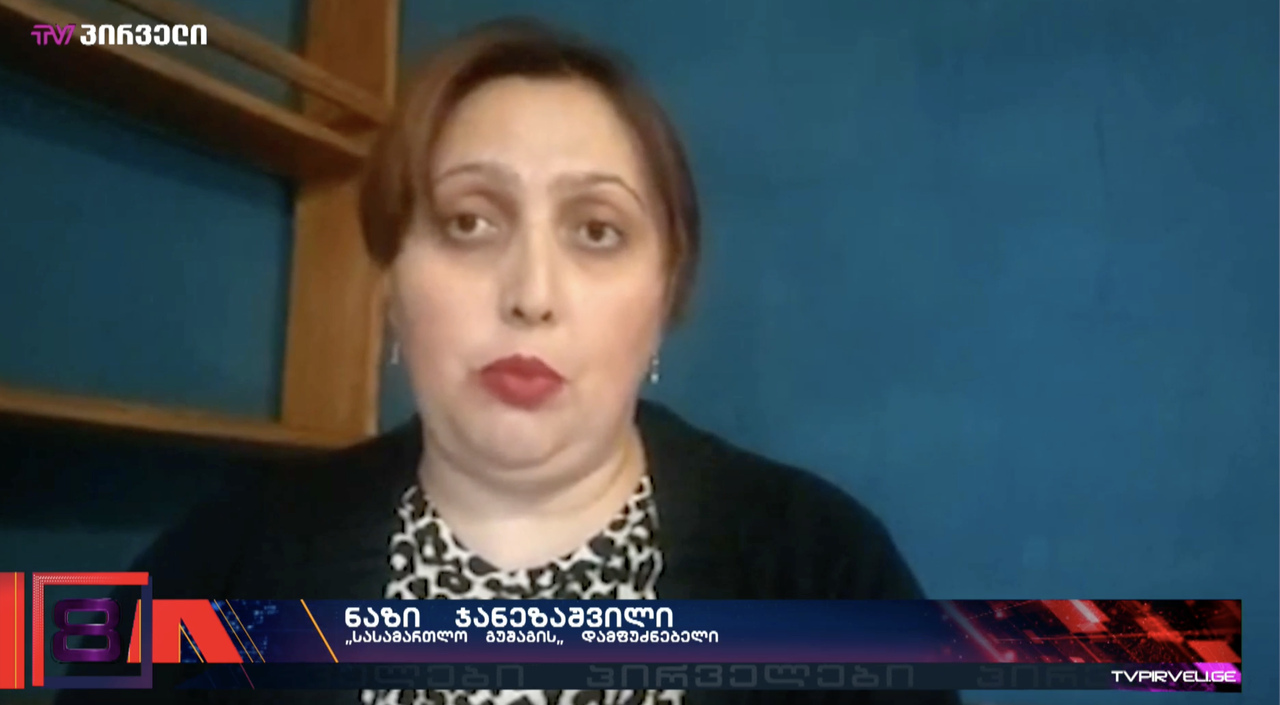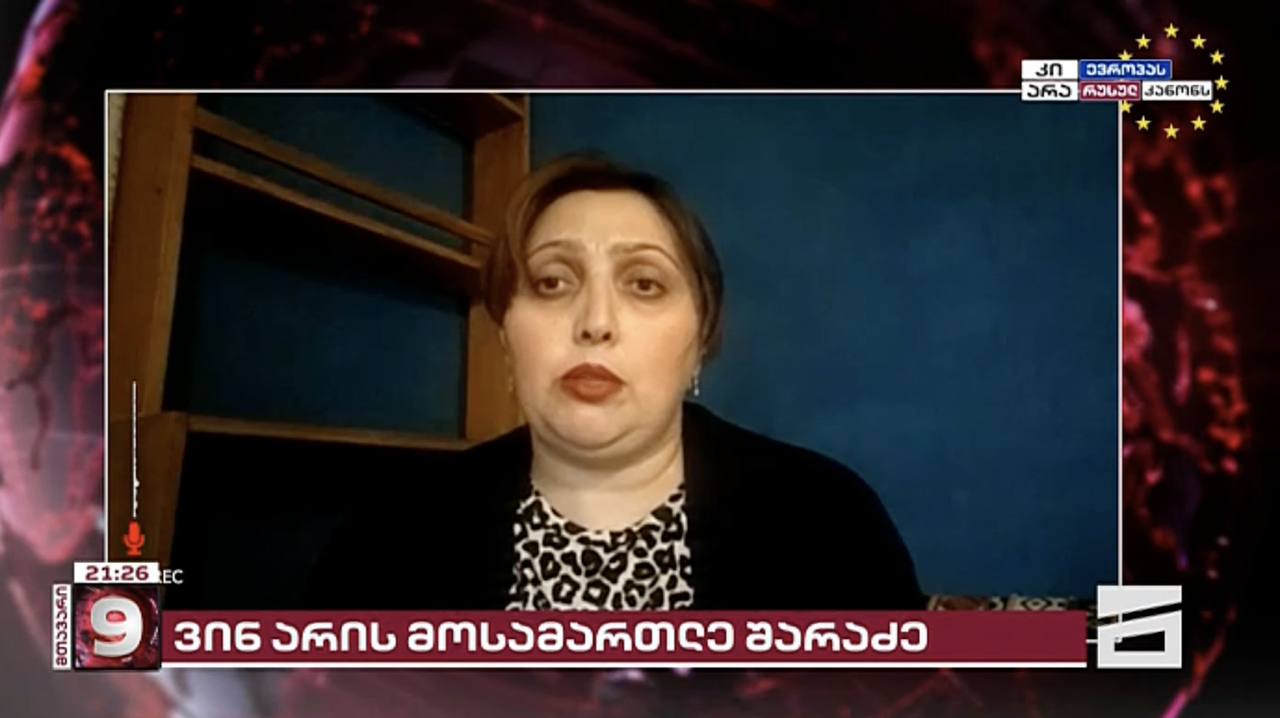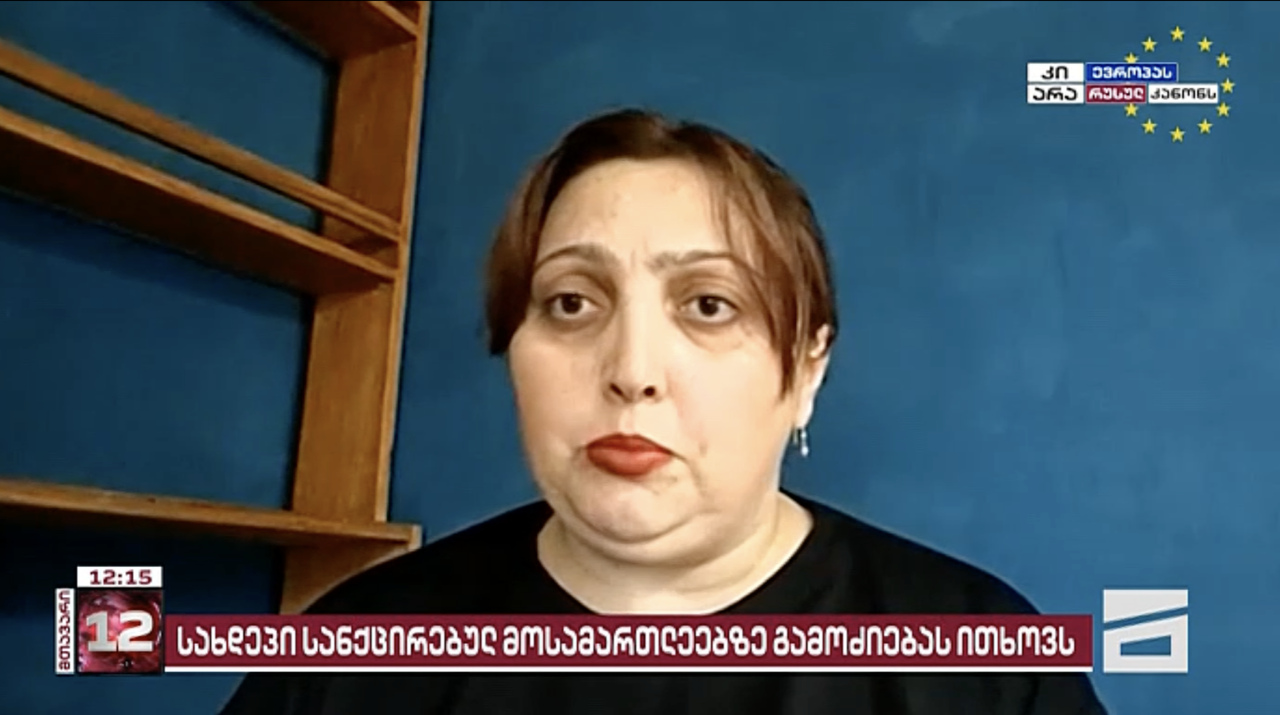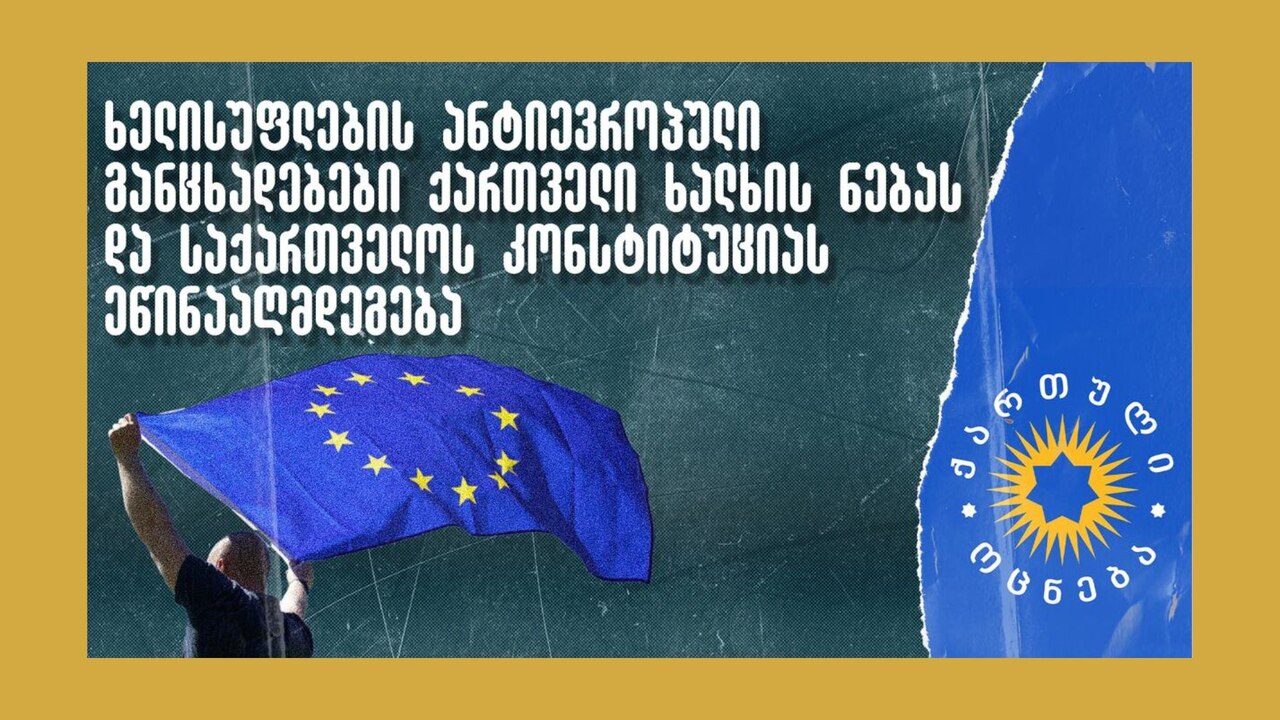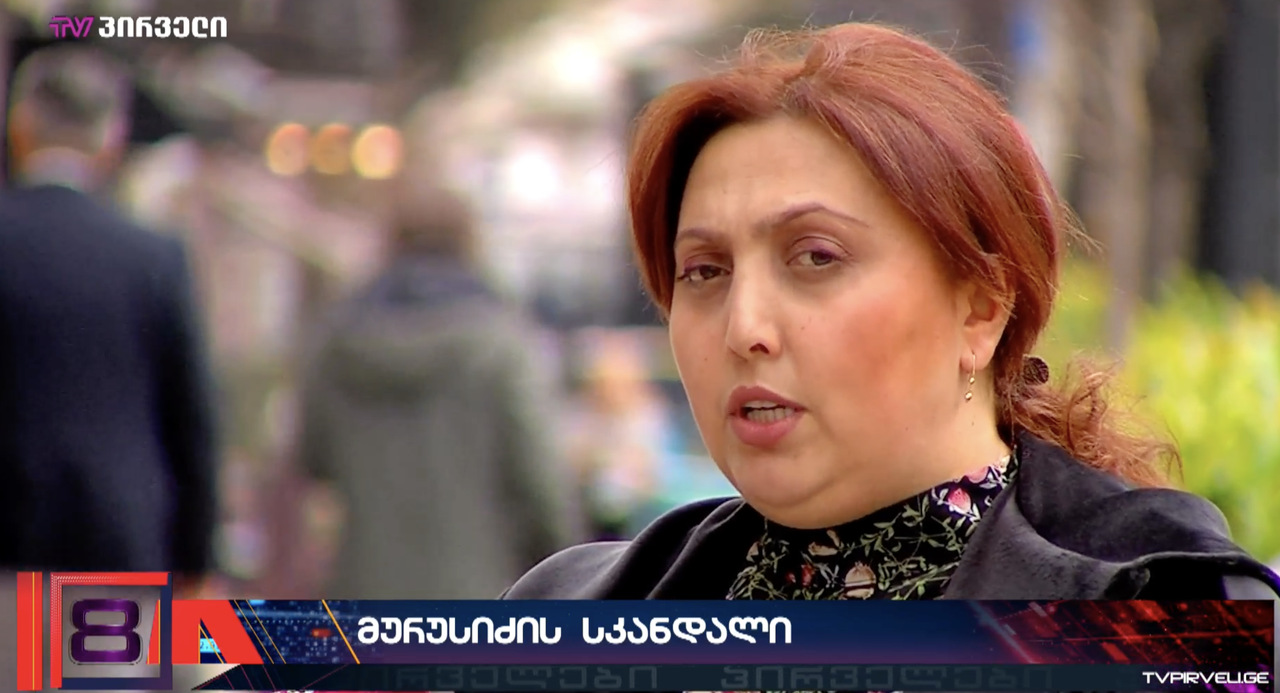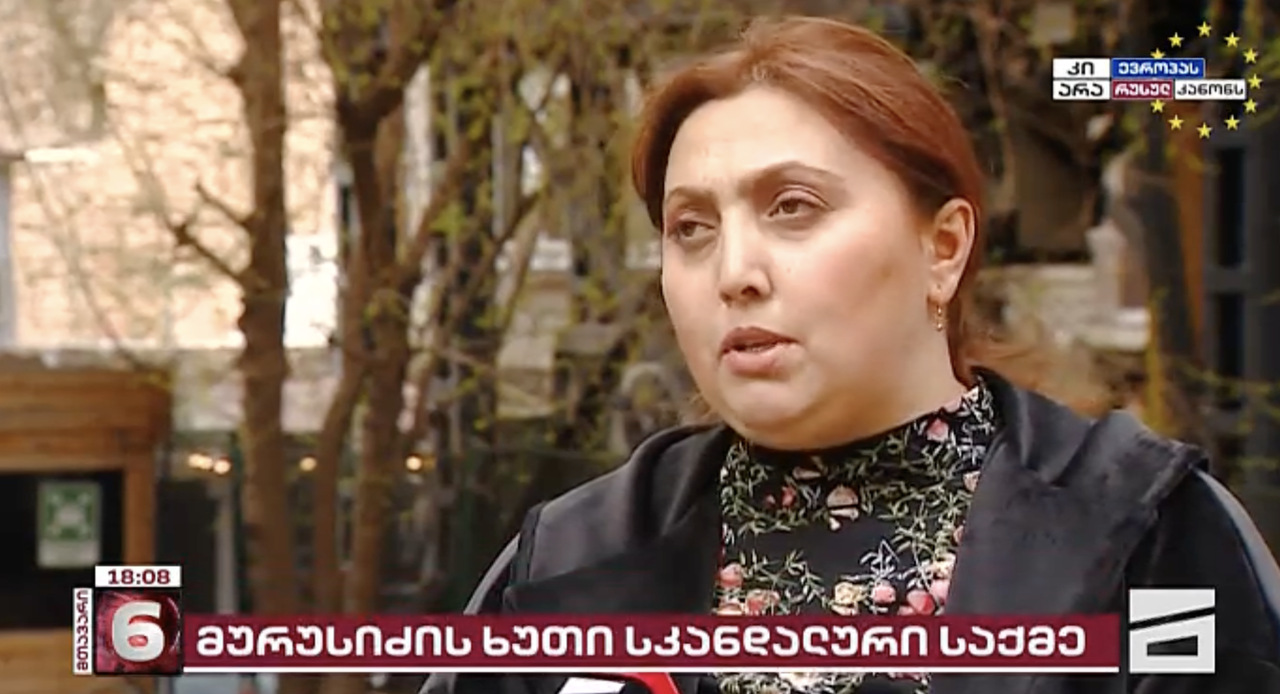The 11th European Union requirement - Analytical Service in the Kutaisi Court of Appeals
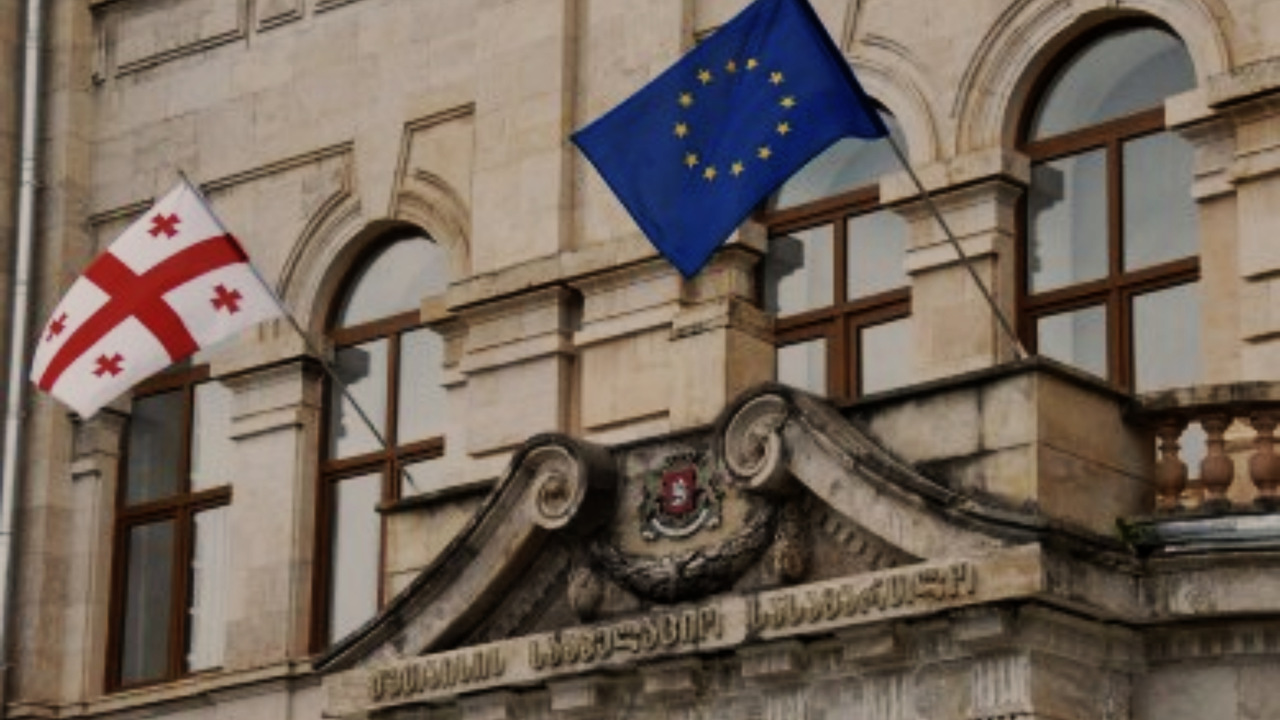
In June 2022, the European Council granted Georgia a European perspective and potential candidate status. The implementation of 12 recommendations was made a requirement for awarding candidate status. In this article, we will look at the 11th priority, which concerns the proactive consideration by the Georgian Courts of the European Court of Human Rights judgments in their deliberations. It is worth mentioning that the Georgian Parliament began taking suitable measures to implement the 11th recommendation quite quickly - roughly two months after the European Commission's recommendations were submitted.
To meet this requirement, a legislative package was drafted by a working group formed in August by the Human Rights and Civil Integration Committee of the Parliament of Georgia. As a result, this initiative was backed by 101 deputies, with none opposing it.
Amendments were made to the Organic Law of Georgia “on Constitutional Court of Georgia,” the Criminal Procedure Code of Georgia, the Civil Procedure Code of Georgia, the Administrative Procedure Code of Georgia, and several other legal acts; however, in this article, we will focus on the amendments made to the Organic Law of Georgia “On Common Courts.”
A brief outline of the amendments to Georgia's Organic Law “on Common Courts:”
- The criterion of legal competency against which a judge's performance is evaluated was clarified; specifically, it was proposed that the person evaluating the judge considers the accuracy and the relevance of the judge's application of European Court of Human Rights case law in the decisions rendered in the cases under consideration.
- The mandatory establishment of a structured unit for studying human rights law, particularly the European Court of Human Rights case law in the Supreme Court and appellate courts of Georgia.
- A judge is required to attend the High School of Justice for at least five days every three years. The professional development program must contain mandatory classes on human rights law (including the European Court of Human Rights case law).
Following this legislative amendment, the Supreme Council of Justice changed the staffing list on February 1, 2023, creating an analytical service at the Kutaisi Court of Appeals.
There was no need to establish an analytical service in the Tbilisi Court of Appeals because this issue had already been resolved by the High Council of Justice resolution of September 14, 2021, and there had previously been a service for generalization and data analysis of national and international practices.
For many years, the analytical division has worked in the Georgia Supreme Court. The purpose of this organization is to improve the quality of Supreme Court judgments by providing justices with analytical services. The analytical division utilizes the following measures to achieve this goal:
- If necessary, in connection with a specific issue or at the request of a judge, the division prepares analytical studies and practice analyses, considering international standards and/or legislation and judicial practice of foreign countries.
- Translates into Georgian the European Court of Human Rights decisions and summarizes its practice.
- Manages the Georgian-language interface of the European Court of Human Rights' search engine (HUDOC).
According to the recent legislative amendments, what is the responsibility of the Kutaisi Court of Appeals Analytical Service?
- To assist access by judges to the European Court of Human Rights case law.
- To analyse of European Court of Human Rights rulings regularly.
- To carry out informative activities and publishing/information publishing operations in this regard.
The High Council of Justice resolved that the Analytical Service should have a head of the service and a specialist. It should be noted that the Analytical Service of the Tbilisi Court of Appeals's staffing list, as well as the salary, differ from that of the Kutaisi Court of Appeals:
Three consultant positions are available in the Analytical Service of the Tbilisi Court of Appeals. The position of the consultant is not considered at all in the Kutaisi Court of Appeals. The official pay of the Head of the Service of the Tbilisi Court of Appeals is higher than that of the Head of the Service of the Kutaisi Court of Appeals.
Official salaries in the relevant services.
Position --- Tbilisi Court of Appeals --- Kutaisi Cours of Appeals
Specialist --- GEL 1391 --- GEL 1391
Head of Service --- GEL 3025 --- GEL 2662
Consultant (number of staff 3) --- GEL 2783 --- x
In March 2023, the Kutaisi Court of Appeals undertook the task of staffing the Analytical Service, announcing a competition for the positions of head of service and specialist.
Management and analytical tasks are among the responsibilities of the Head of Analytical Services at the Kutaisi Court of Appeals. The candidate must have a bachelor's degree and at least two years of work experience.
The primary duties of a specialist are defined as analytical activities such as the study, analysis, and translation of foreign legislation, jurisprudence, and doctrines. The Specialist of the Analytical Service, like the Head of Service, must have a bachelor's degree and two years of professional experience.
It is essential to note that, in addition to an extensive range of functions, the list of requirements is much more limited. Special consideration is given to the knowledge of a foreign language, which is recorded as an additional requirement:
Knowledge of English, German or French languages is preferred.
The main goal for establishing the Analytical Service is to familiarize and process the European Court of Human Rights practice, generalize it, and translate it into Georgian. This is echoed by the job description included in the hiring process announcement for the vacancy. Performing these duties will be impossible without knowledge of one of the official languages of the Council of Europe, either English or French. Similarly, language skills are required for researching, analyzing, and translating foreign countries' legislation, jurisprudence, and doctrine. Thus, it is hard to comprehend how this job can be accomplished by a civil servant who does not know a foreign language.
The European Commission's recommendations of the European Commission, the implementation of which will define Georgia's future status, must be carried out in a proper and high-standard manner. Along with legislative changes, the practical implementation of these amendments is critical.
The job description of the Head of Analytical Service
o Project management.
o Court practice study and generalization.
o Research, analyze, and translate foreign countries' legislation, jurisprudence, and doctrine.
o Preparing reports and analyzing data presentation for the international organizations, state institutions, and various agencies.
o Research and translation of the data concerning human rights and international court practices at the request of the judges. Participation in educational and informational events.
o Ensuring the supervision and support of the newly appointed staff.
o Assessment of supervised staff, conducting the annual assessment and management of their probation term. Preparing and presenting the documents according to the time limits set by the law and existing practice.
o Reviewing the complaints concerning the behavior of the supervised staff. If needed, participation in the disciplinary proceedings.
o Management of the housekeeping matters concerning the supervised staff – vacations, work leaves, training attendance.
o Ensuring the professional development of the supervised staff.
o Preparing reports for the leadership according to the established procedure.
o Within the competence, carrying out the certain tasks set up by the leadership.
The job description of the Specialist of the Analytical Service
o Participation in analytical research. Study and generalization of the court practice.
o Research, analyze, and translate foreign countries' legislation, jurisprudence, and doctrine.
o Participation in educational and informational events.
o Research and translation of the data concerning human rights and international court practices at the request of the judges.
o Within the competence, carrying out the certain tasks set up by the leadership.
---
The materials distributed by courtwatch.ge and published on the website are the property of "Georgian Court Watch", when using them, "Georgian Court Watch" should be indicated as the source.

